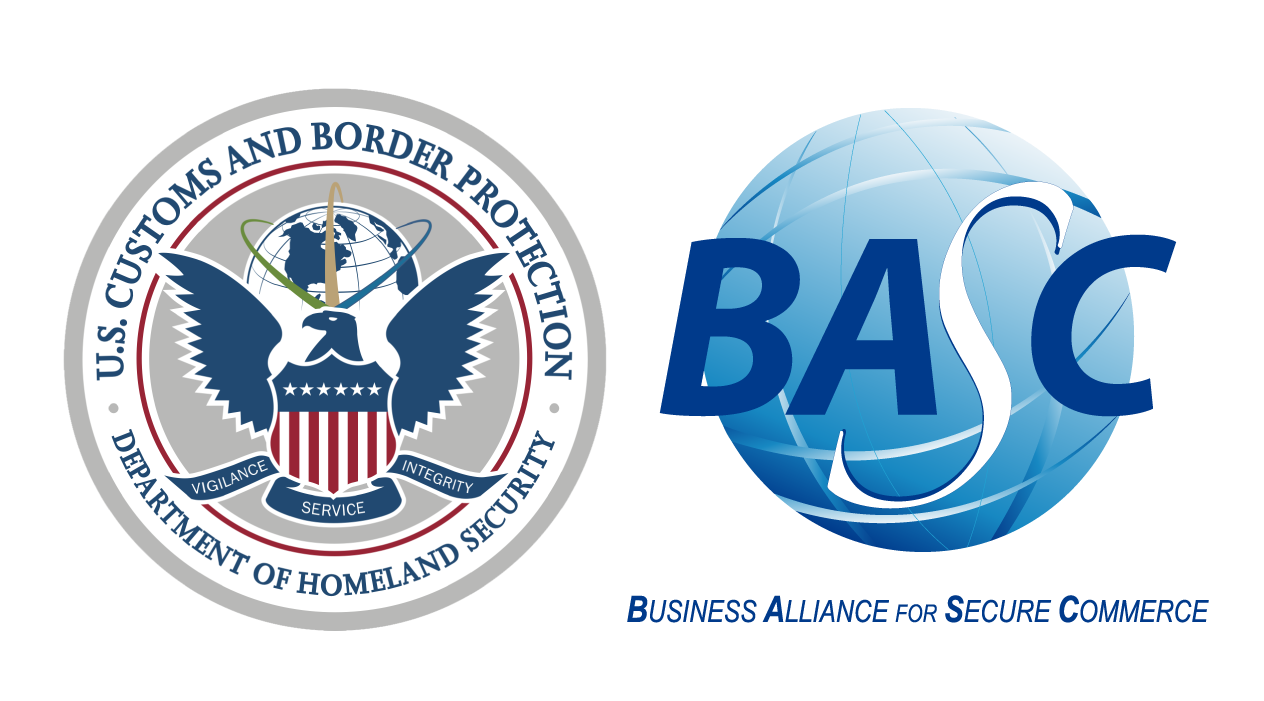Release Date:
April 27, 2021
Source: www.cbp.gov
WASHINGTON
In the joint statement, CBP and WBO expressed their intent to collaborate on implementing a nine-point action plan that calls for, among other measures:
• Enhanced information sharing;
• Joint training and outreach on supply chain security;
• Customs Trade Partnership Against Terrorism (CTPAT) recognition for WBO certified supply chain partners that successfully complete a CBP validation process; and
• The creation of new public-private committees to oversee supply chain security and maritime/port security efforts.
“For the past quarter century, CBP and the WBO have worked together to secure global supply chains while facilitating lawful trade,” said CBP Deputy Commissioner Robert E. Perez. “Today’s joint statement will take that partnership to the next level, strengthening our mutual efforts to ensure robust supply chain security practices, promote a level playing field for legitimate businesses, and protect consumer health and safety.”
“The World BASC Organization is proud that our BASC program was the first customs-business alliance focused on supply chain security,” said Fermin Cuza, International President of the WBO. “We believe that today’s joint statement will help institutionalize our 25-year working relationship and expand our cooperation efforts internationally beyond Latin America and the Caribbean to include new and evolving threats to the global supply chain.”
The increasing size and complexity of global supply chains present challenges for customs agencies and the trade community. CBP and the WBO recognize that vigorous public-private sector cooperation is essential to fostering a global supply chain that can withstand evolving threats, such as the trafficking of deadly narcotics, counterfeit goods, and dual use technologies.
The WBO is a not-for-profit, member-led organization whose mission is to create a security culture among its membership and their business partners by implementing security management systems and robust security policies, procedures, and practices throughout the international supply chain. Established in 1996, the WBO has grown to include 3,500 member companies throughout the supply chain, with 25 chapters in 11 countries. The WBO has cooperation agreements with the World Customs Organization, the United Nations Office on Drugs and Crime, and the International Chamber of Commerce, as well as various customs administrations in the Americas.
CBP works closely with the WBO and other business community partners as part of the agency’s multi-layered approach to supply chain security. That approach also includes the CTPAT program, a voluntary, public-private partnership through which members of the trade community cooperate with CBP to protect the supply chain, identify security gaps, and implement specific security measures and best practices. By meeting stringent supply chain security requirements, CTPAT members enjoy benefits including risk mitigation and shorter wait times at U.S. borders. Since its inception in 2001, CTPAT has grown to include more than 11,400 certified partners throughout the trade community.
Follow @WorldBASCOrg and @CBP for more information about efforts to secure and facilitate lawful trade and travel.
U.S. Customs and Border Protection is the unified border agency within the Department of Homeland Security charged with the management, control and protection of our nation's borders at and between official ports of entry. CBP is charged with securing the borders of the United States while enforcing hundreds of laws and facilitating lawful trade and travel.

